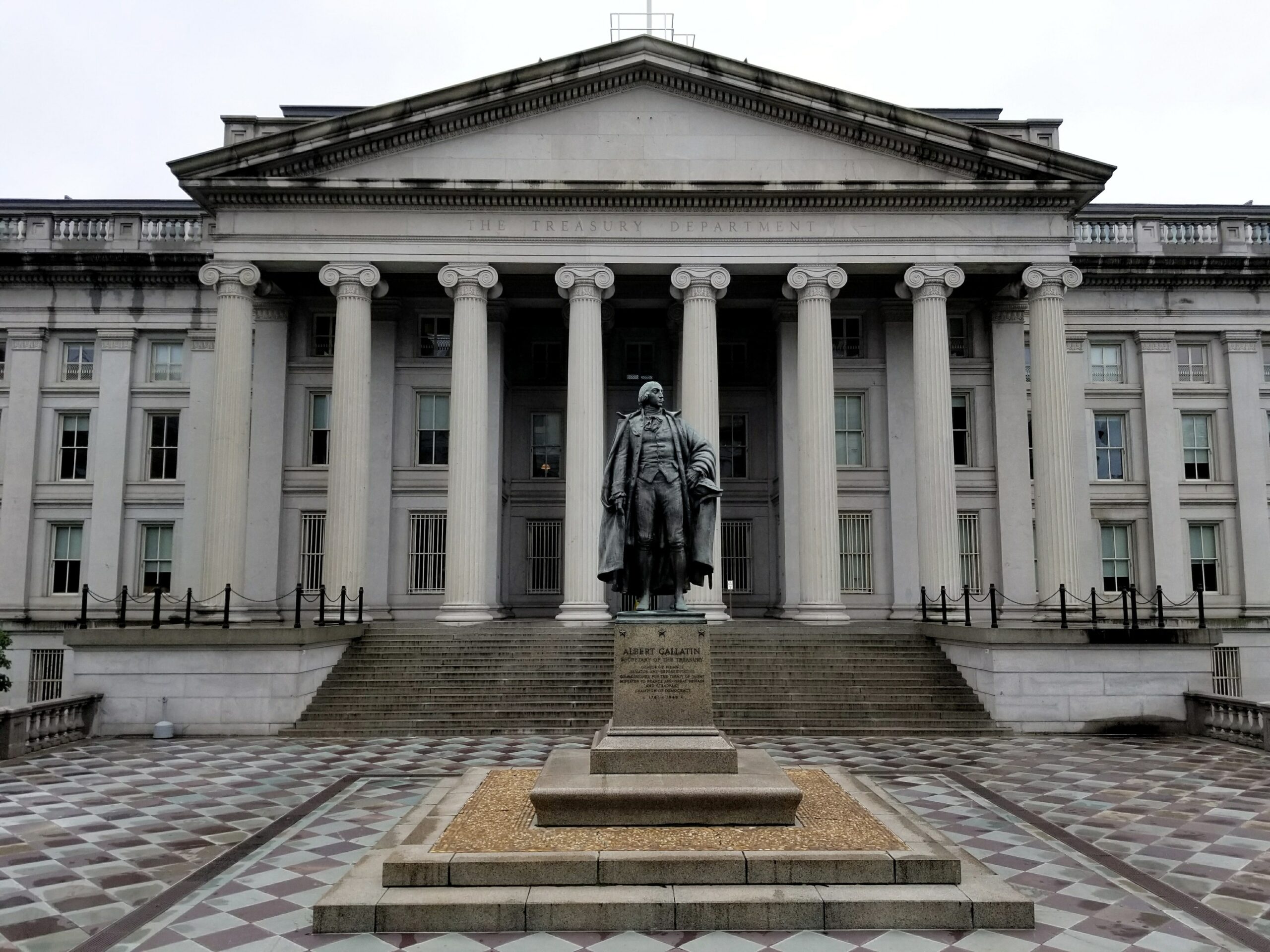In a recent announcement by the US Treasury Department, South Korea has been removed from its list of trading partners closely monitored for unfair foreign exchange practices. This marks the first time since 2016 that South Korea has been pulled from the list, signifying a significant development in the nation’s economic and trade relations with the United States.
The US Treasury Department, in its biannual report to the US Congress, identified and placed six major economies on its “monitoring list.” These economies included China, Germany, Vietnam, Malaysia, Singapore, and Taiwan, while South Korea and Switzerland were removed from the list. Notably, Vietnam was added to the list for the first time.
The US Treasury Department conducts its biannual assessments of the macroeconomic and exchange rate policies of its top 20 trading partners based on three key criteria. An economy is removed from the monitoring list when it meets only one or none of the three criteria for two consecutive reports. If a country triggers two or more criteria, it may face further trade restrictions. The three criteria are:
- A trade surplus with the US over $15 billion.
- A current account surplus surpassing 3 percent of the country’s gross domestic product (GDP).
- The extent of intervention in foreign currency, indicated by net purchases of at least 2 percent of GDP.
South Korea’s removal from the list was primarily attributed to the fact that it met only one of the three criteria, specifically the trade surplus with the US, for two consecutive reports. The trade surplus between South Korea and the US was reported at $37 billion throughout the year 2022 and $38 billion between July 2022 and June 2023, well above the $15 billion threshold.
However, during the assessment period, South Korea did not meet the criterion for current account balance, with its current account surplus standing at only 0.5 percent of its national GDP, far from the 3 percent threshold.
Additionally, South Korea’s stance on foreign exchange market intervention also played a crucial role in its removal from the list. While the criterion regarding intervention aims to prevent net purchases of the US dollar, South Korea has been actively maintaining a net selling stance on the US dollar to bolster the Korean won’s value since the previous year. The Bank of Korea reported net selling of the US dollar at around $40 billion, with an additional $8 billion in sales in the first half of the current year.
The removal from the watchlist provides South Korean authorities with more flexibility to intervene in the foreign exchange market to manage currency volatility, a practice often referred to as a ‘smoothing operation.’ However, experts have cautioned against excessive intervention, as it could lead to suspicions of currency manipulation.
Despite being removed from the list, the exchange rate of the Korean won against the US dollar remained stable, closing at 1,310.6 won, a minor increase of 2.7 won from the previous trading day.
Industry experts believe that South Korea is likely to remain off the watchlist in the first half of the next year, as the current account balance is not expected to exceed the 3 percent threshold. This development is not expected to have a significant impact on the currency exchange rate or the government’s stance on foreign exchange intervention.
The Korean won had previously shown signs of strengthening, partly attributed to the Korean government’s short selling ban and projections that the US Federal Reserve’s rate-hike cycle may conclude soon, both of which contributed to the Korean won gaining value against the US dollar.
It is important to note that the US Treasury did not designate any of its trading partners as a currency manipulator in this latest report. Such a designation could result in trade sanctions imposed by the US government.
However, the report did emphasize the need to closely monitor China for its lack of transparency in key features of its foreign exchange system, highlighting that it remains an outlier among major economies. This statement underscores the ongoing scrutiny of international trade practices and foreign exchange policies by the US government.
(Source: David Lawder | Reuters | Im Eun-byel | The Korea Herald)









